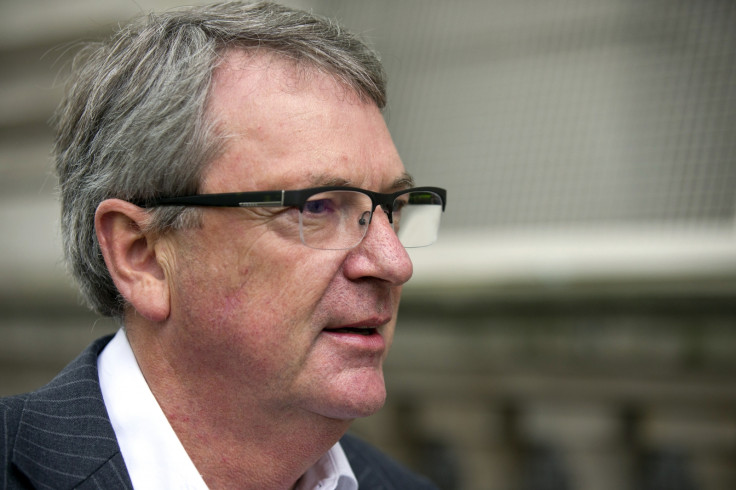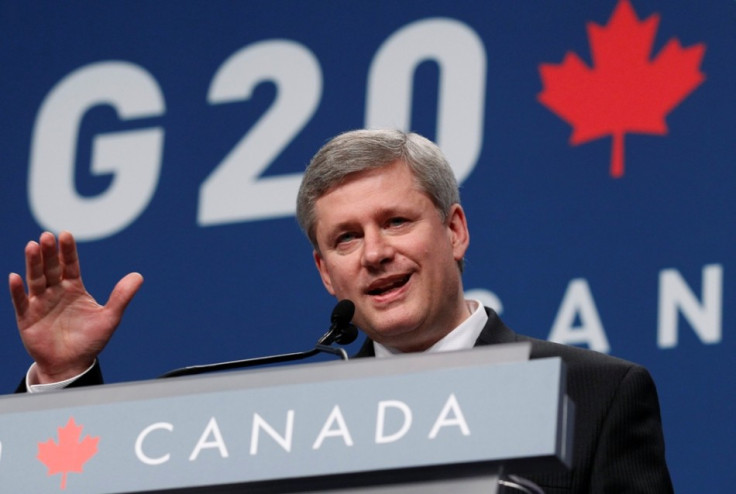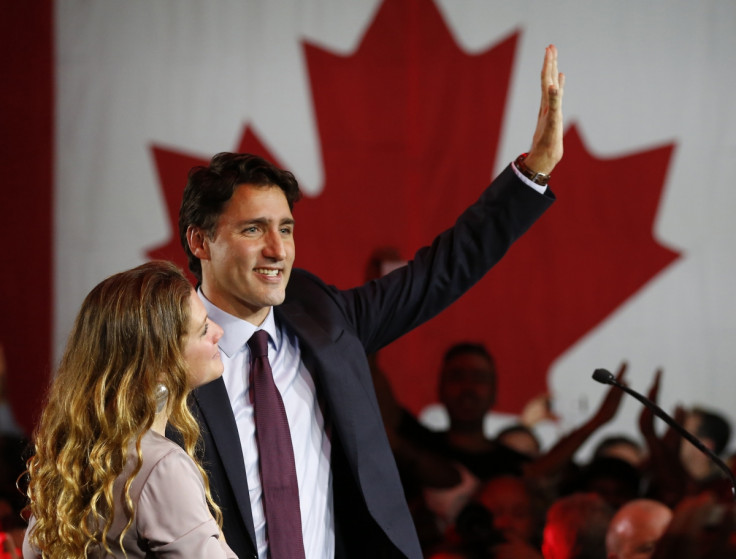Canada elects Justin Trudeau: Stephen Harper's disastrous campaign denies Lynton Crosby another Conservative win

If you are a conservative fighting an election, there is one campaign guru you call in: Lynton Crosby. He is a political brawler who is not afraid to roll around in the muck if it means winning. And winning is what he does best. At least, it is what he used to do best.
The controversial Australian political strategist is known for his aggressive, negative campaigning style. Play on the electorate's prejudices and fears, hone in on your opponent's' weaknesses –real or perceived – beat them with these over and over and over until they show bruises. And what is called the wedge strategy: pick a popular and provocative issue, such as immigration, and use it to win over undecideds while unleashing dissent and division among your rivals.
It is how he helped refugee-bashing John Howard to four Conservative election victories in Australia. And it is how he delivered David Cameron and the Conservatives their first House of Commons majority – an unexpected one at that – in 23 years. But Crosby's tactics have failed spectacularly in Canada where his candidate, the now former Conservative prime minister Stephen Harper, lost to a Liberal landslide led by the newly elected prime minister Justin Trudeau.
The Liberals have won 184 of the Canadian parliament's 338 seats, up sharply from the 36 they held before the election as the third party, behind New Democratic in second place. Harper's Conservatives, with Crosby's help, collapsed to 99 seats from 166.

Crosby was called in to assist with Harper's flailing campaign in September, when it was claimed he would offer polling analysis as the Conservatives' popularity slumped. But a spokesman for the Conservatives said Crosby already had a long-established relationship with the party.
"I would say Lynton Crosby is someone who pretty much everyone in our organisation has known for a long time," the spokesman told the Globe and Mail. "He has had a lot of cross-pollination over the years with our friends in Australia and also the UK, so [I'm] not going to get into details, but this is someone who we've had a relationship in one way, shape or form for the entire life of the government."
Harper has been dogged by a number of political scandals, including some dubious anti-democratic behaviour by some of his team, and a gamble on fossil fuels – Canada is rich in natural resources – that has gone bad as oil prices tumble, hurting the economy and causing job losses.

Harper also fought on a staunchly conservative platform, from tight fiscal policy to a tough stance on Syrian refugees to a crackdown on the niqab, a face-covering headdress for Muslim women. He even pledged to introduce a police hotline for Canadians to call and report suspicions of "barbaric cultural practices" being carried out by Muslim neighbours. But Canadian voters baulked this. As political commentator Thomas Walkom put it, voters "saw raw ugliness" and gave their moral verdict of Harper.
It is precisely this ugliness that Crosby utilises for his divisive, and often successful, campaign style. But unfortunately for him, Harper and the Conservatives, many Canadians see things differently and it is Trudeau who came out on top. In the latter days of the campaign, there were even reports that Crosby had jumped ship when he saw Harper headed for a Liberal iceberg.
"We beat fear with hope, we beat cynicism with hard work," Trudeau said in his victory speech. "We beat negative, divisive politics with a positive vision that brings Canadians together."
© Copyright IBTimes 2025. All rights reserved.






















